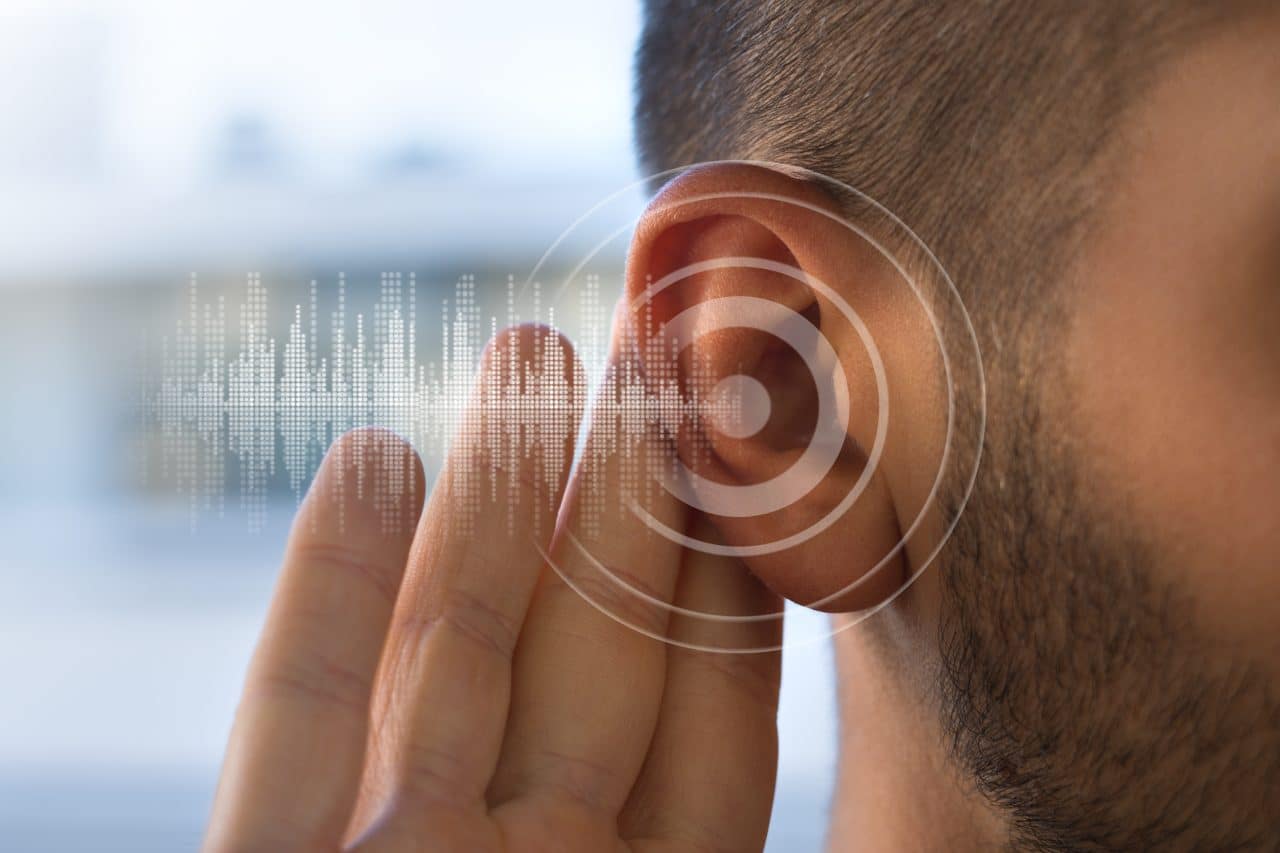
Your residual hearing refers to the hearing you have without the use of hearing aids or cochlear implants. Many people mistakenly believe that their residual hearing isn’t that important since they already have hearing loss, but this is not the case. We review the importance of protecting your residual hearing and how to do so below.
Why Protect Residual Hearing?
Your hearing aids are not a cure for hearing loss; rather, they amplify sounds to a level your ears can detect. You still rely on your residual hearing to be able to pick up and make sense of these amplified sounds. The more you have to work with, the better job your hearing aids will do for you.
How Can I Protect My Residual Hearing?
Here are some ways to protect your residual hearing:
Wear Your Hearing Aids
After you get a pair of hearing aids, it’s important that you wear them during all waking hours once you’ve adjusted to them. The reason for this is because, if you don’t, your brain can start reassigning the parts of it dedicated to hearing to other tasks. This is referred to as auditory deprivation and cognitive reorganization. Older adults with age-related hearing loss are especially at risk of this and the development of cognitive decline. Wearing your hearing aids regularly can help prevent this type of reorganization.
Invest in Two Hearing Aids
Unless you have unilateral hearing loss or single-sided deafness, it’s important that you make the investment in two hearing aids and wear them both. This is because it will help your brain process sounds more naturally and prevent deterioration of the auditory nerve on one side. Doing so will also help you orient yourself in relation to the sounds around you.
Avoid Noise Exposure
Noise exposure is a common cause of hearing loss. If you’re around noisy situations, like a concert at 40 Watt Club in Athens, wear hearing protection like earmuffs that can be put over the ears. You should also do this when operating power tools or walking by construction sites.
For more information or to schedule an appointment with a hearing expert, call ENT of Athens today.